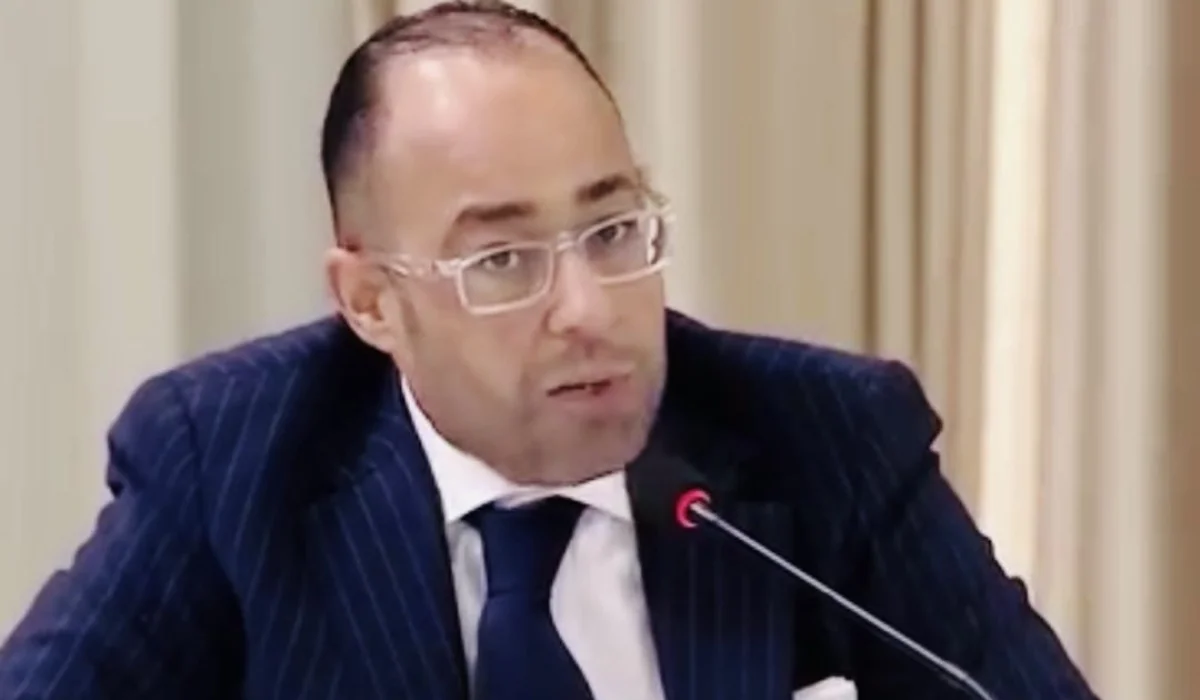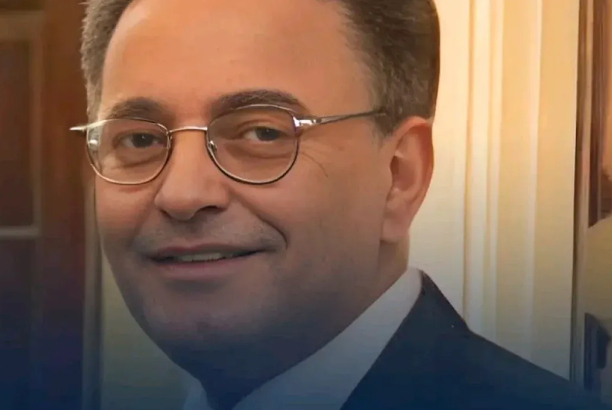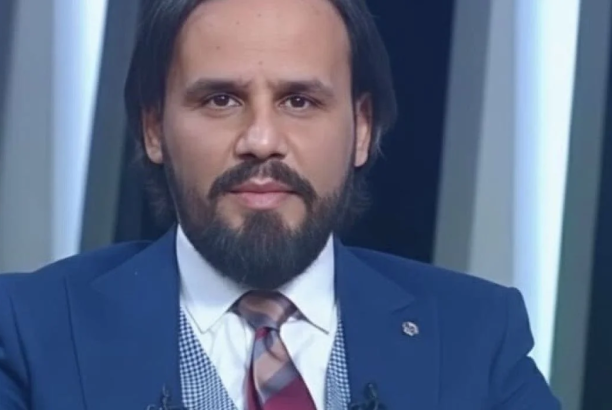
| Economic articles
Al-Mana’a writes: The International Monetary Fund and the World Bank: “The Impact of Trump’s Policies and Opportunities for Cooperation with Libya for Economic Recovery”
Advisor Mustafa Al-Mana’a wrote an article titled: The International Monetary Fund and the World Bank: “The Impact of Trump’s Policies and Opportunities for Cooperation with Libya for Economic Recovery.”
With the beginning of President Donald Trump’s second term in 2025, voices calling for a reassessment of the United States’ role in the International Monetary Fund (IMF) and the World Bank (WB) have increased. These two institutions are the fundamental pillars supporting financial stability and promoting development internationally. The IMF is a financial institution concerned with the stability of the global macroeconomy by providing advice on monetary and fiscal policies, supporting exchange rate stability, and enhancing fiscal discipline among member countries. Meanwhile, the World Bank focuses on long-term economic development by financing infrastructure projects, improving productivity, and enhancing the investment climate to support sustainable growth.
“The Reality of the International and National Economy”
The importance of these international institutions is growing for developing countries, including Libya, which is in desperate need of technical expertise and support to address its accumulated economic challenges. In the face of a global situation marked by high inflation and a slowdown in foreign investments, it has become necessary to explore opportunities for Libya’s economic recovery and the potential benefits from these two institutions.
In 2025, the global economy is experiencing “relative” stability accompanied by economic challenges. After the impacts of the war in Ukraine and Gaza, and prior to that the COVID-19 pandemic and supply chain disruptions, inflation rates in many major economies, particularly the United States and the Eurozone, have risen. Emerging economies have faced a slowdown in growth rates, and the rise in interest rates by major central banks has negatively impacted foreign investment flows, complicating global economic forecasts. However, major economies such as the United States and China continue to experience relative growth, driven by investments in sustainable sectors like renewable energy and digital technology, in addition to benefiting from the inherent strength of their economies, their market dominance, and the returns from political hegemony over other nations.
As for the Libyan economy, despite the challenges it faces, indicators show a significant improvement in growth rates. According to the IMF’s projections for 2024, the Libyan economy is expected to grow by 7.8% after a contraction in 2022. For 2025, there are no precise estimates, but growth is expected to remain positive, driven by improvements in oil production and global oil prices.
Nonetheless, this growth remains vulnerable to fluctuations in global oil prices, as well as political and economic challenges at the local level, with early signs of the Libyan dinar’s depreciation against foreign currencies.
“Opportunities for Libyan Economic Recovery”
Libya, which relies heavily on oil revenues, faces deep structural economic challenges such as a lack of economic diversification, compounded by poor public financial management and imbalances within the banking system. However, there are real opportunities for economic recovery if comprehensive reform policies are adopted to address these issues at their roots, such as improving the management of oil revenues, expanding non-oil revenue sources, and implementing structural reforms in the banking system. In this context, there is an urgent need for cooperation with international financial institutions, especially the IMF and World Bank, to leverage their technical expertise and supporting programs to help achieve economic reforms and sustainable development.
“Benefiting from Technical Support and International Expertise”
During the annual meetings of the IMF and the World Bank, the latest of which was in October 2024, and during our meetings with IMF President Kristalina Georgieva, World Bank President David Malpass, and senior managers of both institutions, the importance of the technical support provided by these institutions to assist Libya in implementing comprehensive economic reforms, improving governance, and developing digital infrastructure was emphasized. This cooperation, including with institutions like the International Finance Corporation (IFC) and the Multilateral Investment Guarantee Agency (MIGA), is aimed at boosting Libya’s attractiveness for foreign investments, developing non-oil sectors, and creating job opportunities.
In February 2025, in line with Prime Minister Abdulhamid Dbeibeh’s efforts to benefit from the technical and advisory support of these international institutions to improve Libya’s economic situation, a high-level delegation from the World Bank, led by the Vice President for the Middle East and North Africa, Mr. Othman Dion, visited Libya. The discussions focused on enhancing cooperation between Libya and the World Bank in key areas such as digital transformation, increasing financial transparency, improving the business environment, enhancing the efficiency of public institutions, and correcting the structure of public spending. These meetings culminated in an agreement to reopen the World Bank office in Libya after years of closure, reflecting both parties’ desire to strengthen cooperation and support Libya’s economic reform path.
In conclusion, Libya still has real opportunities for economic recovery. However, achieving this requires moving away from relying solely on our own capabilities and abandoning the inherited Libyan ego that prevents us from seeking international expertise. Implementing comprehensive economic reforms requires specialized technical support, which can be gained through cooperation with the IMF, the World Bank, and other specialized international institutions. This will enhance economic sustainability and reduce over-reliance on oil revenues. While economic recovery files are available, their success requires continuous professional work, which the Libyan administrative apparatus lacks due to decades of crises and shortcomings.
The technical advice provided by these institutions and the use of their experts and programs is an opportunity that countries with significant economic potential, such as Saudi Arabia, the UAE, South Korea, Japan, and others, have not missed. Cooperation has not been linked to borrowing but to advisory support and strengthening financial stability.





